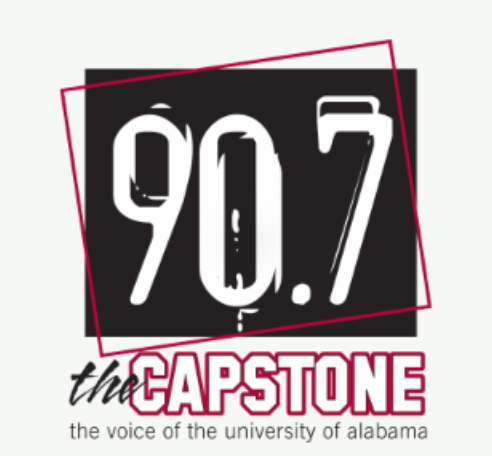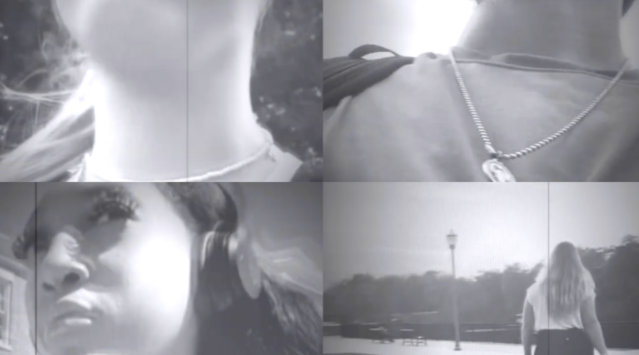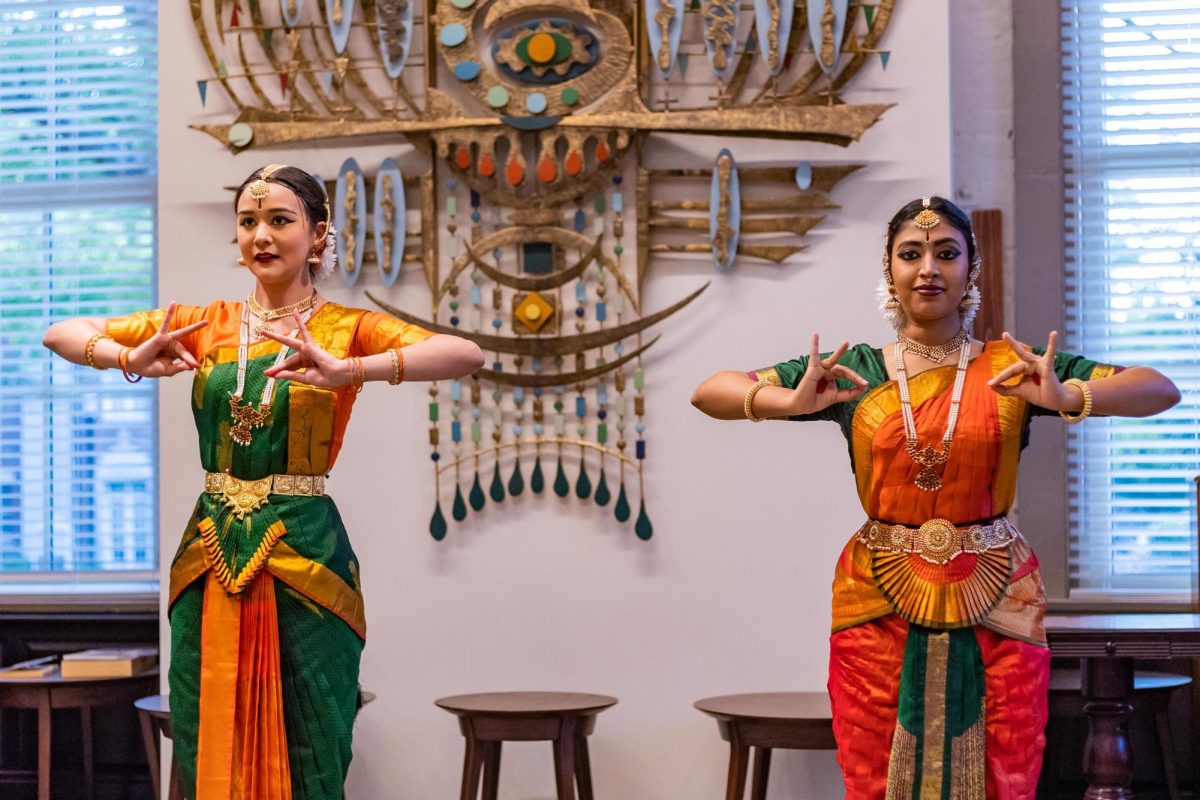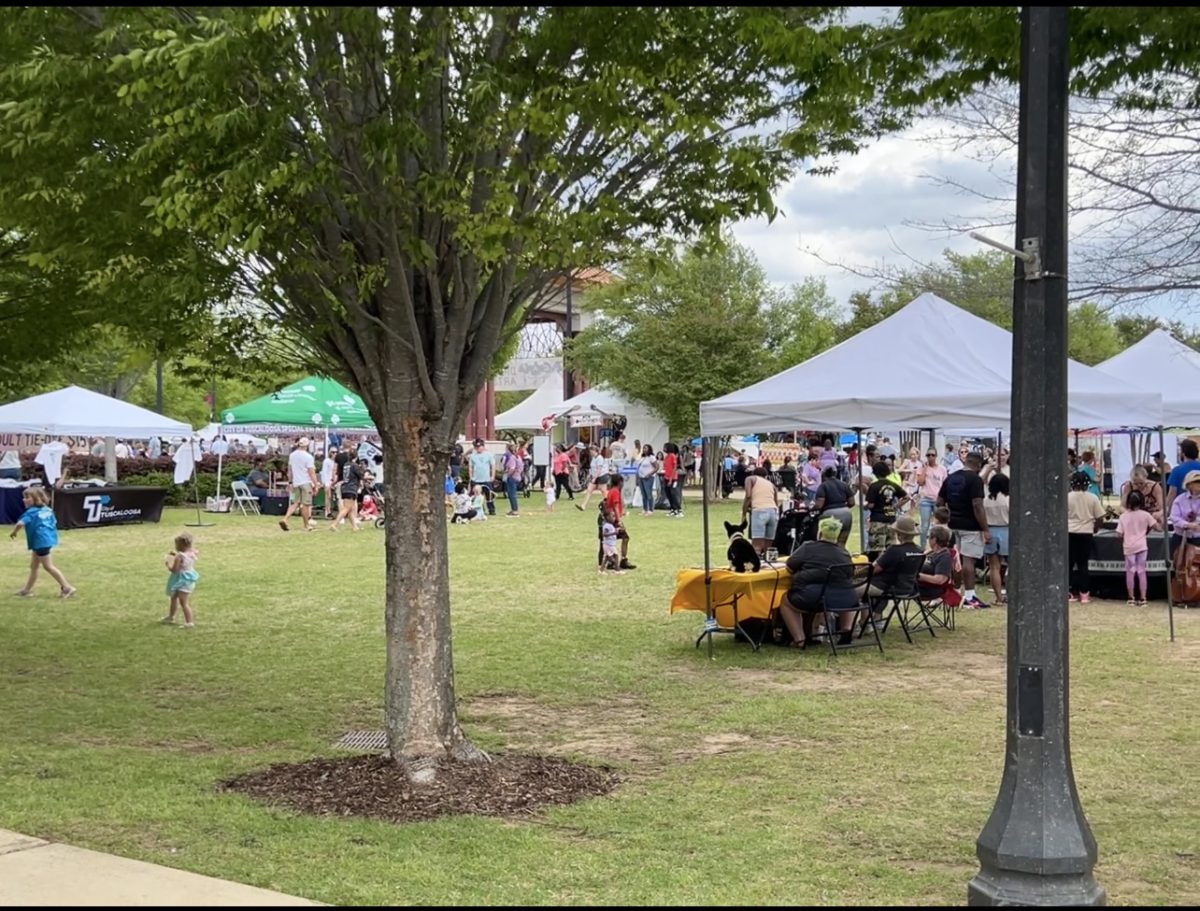The festival circuit is one of the forces that makes the world of film go round.
Every year, exhibitions across various countries and categories offer filmmakers a unique avenue for exposure; for many high-status creators, it is a pre-national release testing grounds for new projects, while for aspiring directors, it is an opportunity to break into the field. Whether at Cannes, Sundance or more obscure outings, cinematic dreams are given a potential stepping stone to fulfillment.
For over a decade, Tuscaloosa has proudly hosted one of these stepping stones. The Rising Tide Film Festival — formerly the Black Warrior Film Festival — has existed since 2013 as a student-run event showcasing the work of students with moviemaking ambitions. It has steadily grown in prestige and popularity since its inception, reaching its current point of featuring student projects both local and from across the country.
Its premise mirrors that of most festivals, whether ubiquitous or obscure. The event, which this year takes place on April 6 in the Bevill Building, is comprised entirely of short films, which themselves are split into five categories: horror/thriller, Capstone, documentary, comedy and drama. After all films have been showcased, awards will be given out for each category and for the entire selection; the overall prizes include best picture, best performance by both actor and actress, best direction, and others characteristic of standard festivals.
There are also several panel events featuring industry professionals. Festival co-director and senior marketing student Alexander Kagan outlined the three events and spotlighted the unique possibilities they portend.
The first, titled “I Have a Film Degree, Now What?” and taking place at 9:30 a.m., is a speaker series and social that “allows student filmmakers to learn about opportunities after they graduate and to find like-minded individuals with similar passions,” Kagan said. The second, “What is Film Criticism?,” is a panel at 11:30 a.m. featuring three film critics detailing their entry into the field as well as the tendencies and techniques that go into their criticism. Last comes the address of keynote speaker Charmin Lee, an actor and filmmaker known most for her roles in dramas like “Palmer” and “Just Mercy,” which takes place at 3:20 p.m.
Beyond the categories and awards and panels, what sets the Rising Tide festival apart is its gearing toward a student demographic. McKenzie Knight, who serves as director of business for the festival and is a sophomore majoring in public relations and English, said, “Film festivals are a dime a dozen, but ours allows for a more student-oriented focus.”
More than simply featuring films from a specific age group, the festival is a unique avenue of experience that its participants would never otherwise encounter. Aside from being incredibly difficult to get accepted into, festivals typically don’t highlight college-aged creators; the youngest best director winner at Cannes was 24, and the youngest at Sundance was 25.
This isn’t to decry some prejudice against young directors on the highest festival stage — experience is indispensable in filmmaking — but rather to highlight the value of an event like Rising Tide. Whether at Alabama or elsewhere, students with dreams of making movies can usually do little but hone their craft on the small stages of recreation or a creative media classroom. With Rising Tide, such students can earn exposure and respect without breaking astronomical odds, can network and obtain legitimate industry advice without needing a miracle to get into the room.
The unique demographic setting allows for a special and unmatched atmosphere. Being both student-based and student-run allows for a deep connectivity between curator and creator that leaks out into the audience. Knight described the event as an “open space for viewers and creators alike”; co-director Ryan Cagle characterized his first encounter with the festival by a feeling of comfort.
It all boils down to inestimable passion. The entrants love their creations, but the event organizers are likewise enamored with the medium of film. Appreciation is the spirit that radiates from the event and turns it into a source of deep connectedness. “Our festival’s biggest draw is the sense of community,” Cagle wrote. He intimated first seeing this passionate energy when driving past the festival’s previous drive-in setting — “There was a joy and passion that I hadn’t seen in any other organization.”
He added, “And this is how I would present it to others. A safe place to enjoy films and company.”
It’s by nature a competition, but to focus on individual battles would be to miss the forest for the trees. The Rising Tide Film Festival is an opportunity for personal growth, yes, but it is just as much a chance to bond with creators and curators of similar dedication and life goals.
Seldom can one find a bubble with such similarity of zeal for movies combined with diversity of ideas. Film fans would be remiss not to attend.









